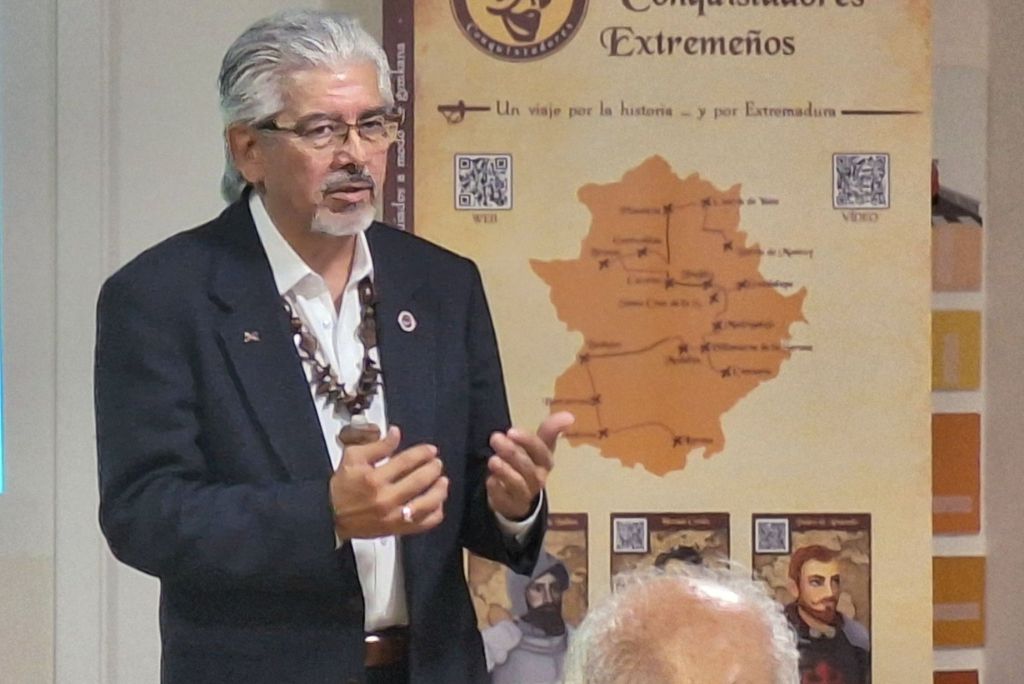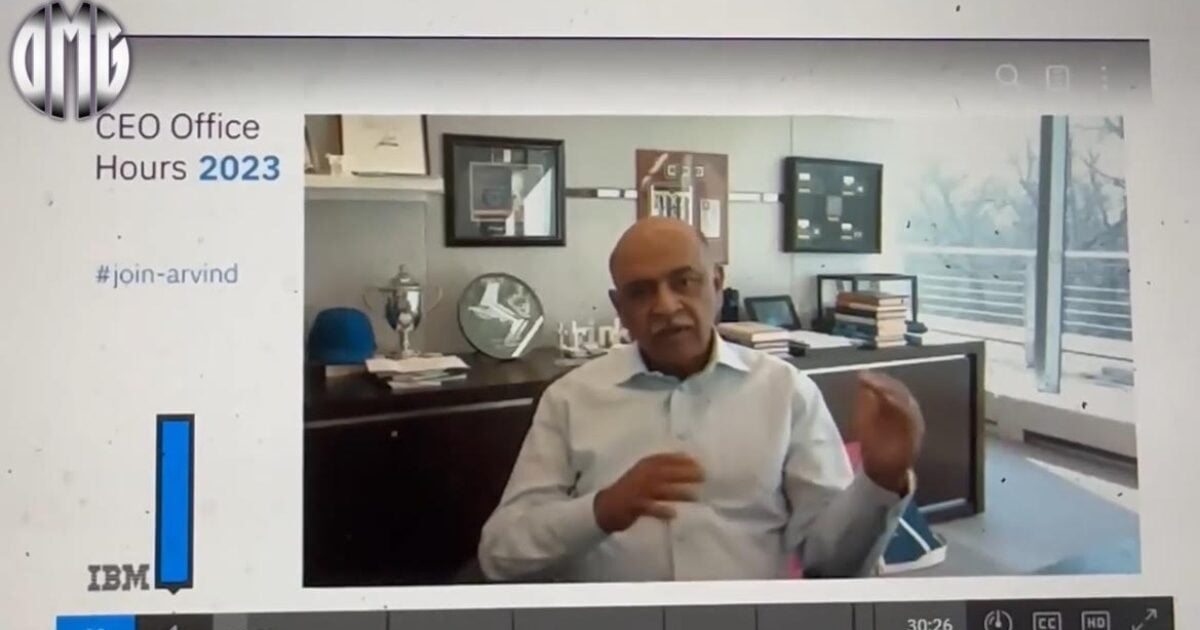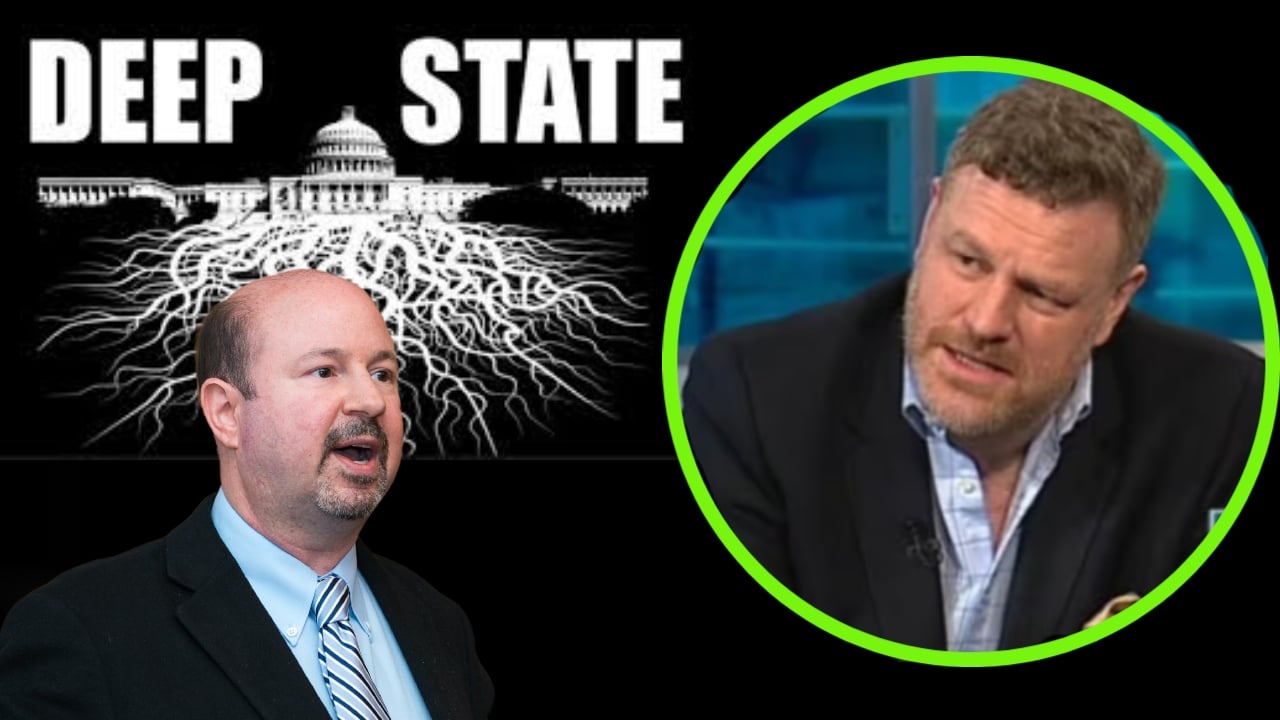In a powerful statement at Foro La Región in Spain, Alfonso Borrego —a direct descendant of the legendary Apache leader Geronimo— sparked international debate by declaring that “Spain should not apologize for conquering America, but for leaving it.”
Borrego’s comments aim to dismantle the long-standing Black Legend, a historical narrative that unfairly portrays Spain’s role in the Americas as purely oppressive and violent.
During his presentation, Borrego emphasized that the Spanish conquest was not an act of barbarism but a complex cultural process that brought with it education, religion, architecture, and a shared language that still unites the Hispanic world today.
He argued that the Black Legend—a term coined to describe anti-Spanish propaganda spread mainly by English and Dutch rivals—has distorted centuries of history to favor Anglo-American dominance.
Borrego also highlighted that many Indigenous nations collaborated with Spain during the conquest, and that the true tragedy came not from the arrival of the Spaniards, but from their eventual withdrawal.
According to him, Spain’s exit left much of Latin America vulnerable to foreign exploitation and ideological manipulation, erasing centuries of shared cultural development.
His remarks come amid a growing global movement to reassess Spain’s colonial legacy, with scholars and historians urging a more balanced understanding of the era.
Rather than being defined by conquest alone, Borrego said, the Hispanic legacy should be seen as a civilizational bridge that connected Europe and the Americas in faith, language, and culture.
Alfonso Borrego’s words echo deeply in today’s polarized debates over history, identity, and colonialism. His message goes beyond politics—it’s a call to reclaim the truth about the Hispanic world’s shared roots.
Spain should not apologize for bringing civilization, education, and culture to the Americas. It should, however, reflect on why it allowed its legacy to be replaced by historical distortion and cultural amnesia.
Recognizing the truth about the Hispanic past is not about pride or guilt—it’s about understanding who we are and defending the legacy that unites millions across both sides of the Atlantic.
About The Author















